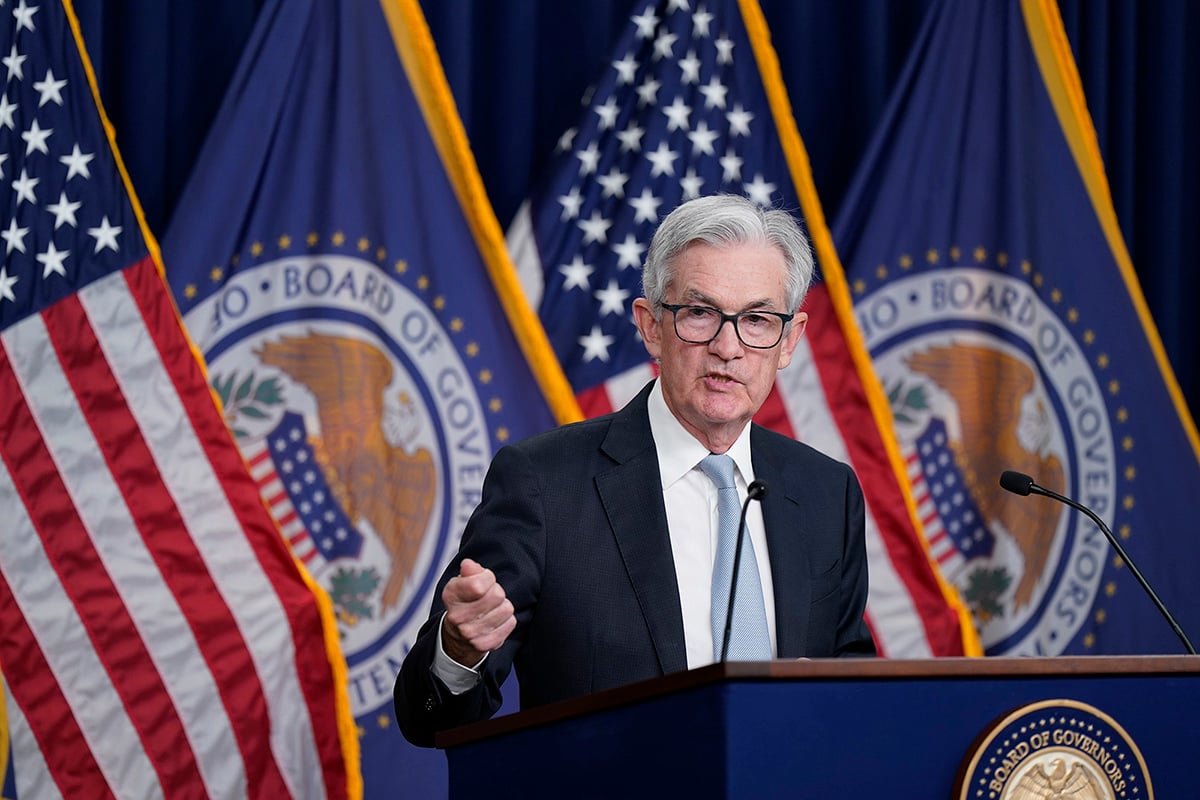Ever since the price of oil collapsed in mid-2014, there's been a broad consensus among the bond-market crowd that Venezuela was going to default. Not immediately, they said, but at some point down the road.
Three years on, that time may have arrived. On Friday, the government-run oil giant PDVSA owes $985 million. Six days later, it's on the hook for another $1.2 billion. Not only is that a daunting sum for a country whose foreign-currency reserves recently dipped below $10 billion for the first time in 15 years, but it figures to be a logistical nightmare too.
Increasingly isolated by U.S. financial sanctions that have spooked banks and other intermediaries in the bond payment chain, Venezuela has already fallen behind on interest payments worth $350 million that were due earlier this month. Those payments had a grace period—a buffer of sorts that gives the country an additional 30 days to work out the technical glitches and deliver the cash. The principal portions of the payments owed over the next two weeks contain no such language. Miss the due date and bondholders can cry default. Prices on the notes due Nov. 2 acutely reflect those risks: They're at just 93 cents on the dollar.
Complete your profile to continue reading and get FREE access to Treasury & Risk, part of your ALM digital membership.
Your access to unlimited Treasury & Risk content isn’t changing.
Once you are an ALM digital member, you’ll receive:
- Critical Treasury & Risk information including in-depth analysis of treasury and finance best practices, case studies with corporate innovators, informative newsletters, educational webcasts and videos, and resources from industry leaders.
- Exclusive discounts on ALM and Treasury & Risk events.
- Access to other award-winning ALM websites including PropertyCasualty360.com and Law.com.
*May exclude premium content
Already have an account? Sign In
© 2024 ALM Global, LLC, All Rights Reserved. Request academic re-use from www.copyright.com. All other uses, submit a request to [email protected]. For more information visit Asset & Logo Licensing.






